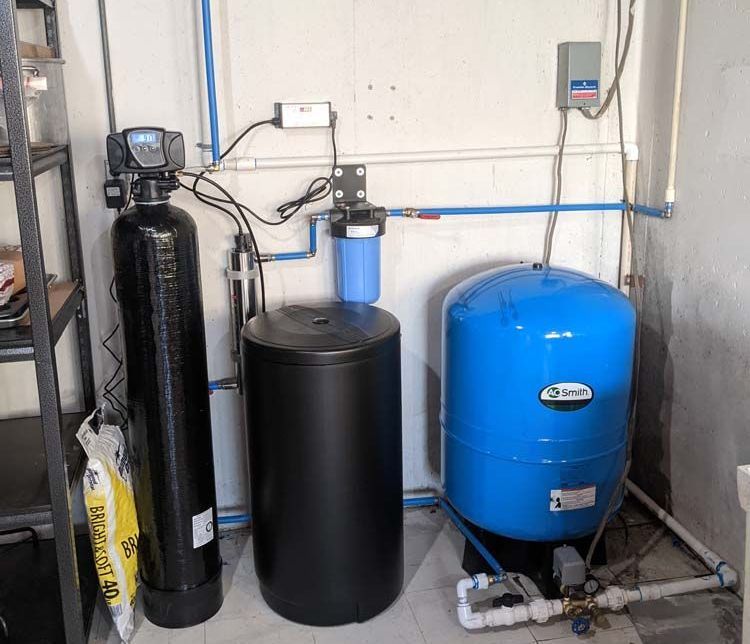Is buying your own home water filtration worth it?
Pure Choice: Is Investing in a Home
Water Filtration System Worth It?

In a world where access to clean and safe drinking water is paramount, the debate over the necessity of home water filtration systems continues. With concerns about contaminants, chemicals, and the overall quality of tap water, many individuals are considering the investment in a home water filtration system. But is it really worth it? In this blog, we'll dive into the benefits, considerations, and factors to help you decide whether buying your own home water filtration system is a worthwhile choice.
The Case for Home Water Filtration:
Elimination of Contaminants: Municipal water treatment facilities aim to provide safe drinking water, but contaminants such as lead, chlorine byproducts, and trace pharmaceuticals can still find their way into your tap water. A filtration system can remove or reduce these unwanted elements.
Improved Taste and Odor: Some tap water may have an unpleasant taste or odor due to chemicals or impurities. A home filtration system can enhance the taste and smell of your drinking water.
Reduction of Chlorine: Chlorine is commonly used in water treatment, but excessive exposure can have adverse effects on health and skin. A filtration system can help minimize chlorine levels.
Convenience: Having a reliable source of clean water at home means you can avoid buying bottled water and reduce plastic waste. It's also convenient for cooking, making beverages, and staying hydrated.
Factors to Consider:
- Water Quality: The first step is to understand the quality of your tap water. If you're concerned about specific contaminants or if your water has an off-putting taste or smell, a filtration system could be beneficial.
- Budget: Home water filtration systems come in various types, ranging from simple pitcher filters to whole-house systems. Your budget will play a role in determining which option is feasible for you.
- Maintenance Costs: Filtration systems require regular maintenance, including filter replacements. Consider the ongoing costs associated with upkeep.
- System Type: Different systems target different contaminants. Research the types of filtration methods (e.g., activated carbon, reverse osmosis) and choose one that aligns with your concerns.
Types of Filtration Systems:
- Pitcher Filters: These are cost-effective and easy to use. They're suitable for filtering smaller quantities of water, but they may not be as effective at removing certain contaminants.
- Under-Sink Filters: These systems connect to your faucet's plumbing, providing filtered water for drinking and cooking. They offer more thorough filtration than pitcher filters.
- Countertop Filters: Similar to under-sink filters, these systems sit on your countertop and are connected to your faucet. They're often easier to install and maintain.
- Whole-House Filters: If you're concerned about the quality of all the water in your home, a whole-house system filters water at the point of entry, ensuring clean water throughout your household.
The decision to invest in a home water filtration system ultimately hinges on your personal priorities, water quality concerns, and budget. While tap water in many places is treated to meet safety standards, the added benefits of improved taste, reduction of specific contaminants, and convenience are compelling reasons for many to choose home water filtration. Before making a decision, evaluate your unique needs and the available options to determine whether the investment aligns with your goals for clean, safe, and refreshing drinking water.
Contact Us
Send us a message using the form below or give us a call at 417-235-4910.
Contact Us
We will get back to you as soon as possible.
Please try again later.
All Rights Reserved | The Water Guys




